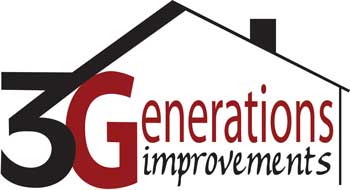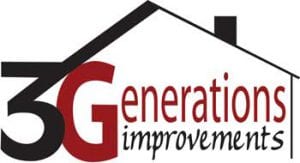A recent study conducted by Newport Ventures shows that installing new insulated vinyl siding and a weather resistive barrier on existing homes reduces air infiltration by 12% on average. Reduced air infiltration can contribute to increasing a residential structure’s energy efficiency.
While the insulating properties of insulated vinyl siding are becoming increasingly recognized in new construction, less is known about the effect the product can have when used in retrofit situations. To learn more about the performance benefits of insulated vinyl siding in residential remodeling, the Vinyl Siding Institute commissioned Newport Ventures, a research firm from Schenectady, NY, to conduct a study on four different homes in climate zones 4 & 5.
The four chosen homes, located in Colorado, Indiana, Maryland and New York had to meet a myriad of requirements in order to provide an accurate representation of air infiltration and energy efficiency rates. Some of the home specifications are listed in the cart below:

For each home, three air tightness tests were performed: the 1st was done before the remodel began, the 2nd after the siding had been removed and the weather resistive barrier was installed, and the 3rd after the insulated vinyl siding was installed.
The results of the third air infiltration test showed an average of 12% air tightness improvement across all four homes. Both the weather resistive barrier and the insulated vinyl siding improved the air tightness of the home.
Newport Ventures is still evaluating the impact that insulated vinyl siding has on heating energy use. A final report will be released pending the collection of two years of utility data after insulated vinyl siding was installed.

